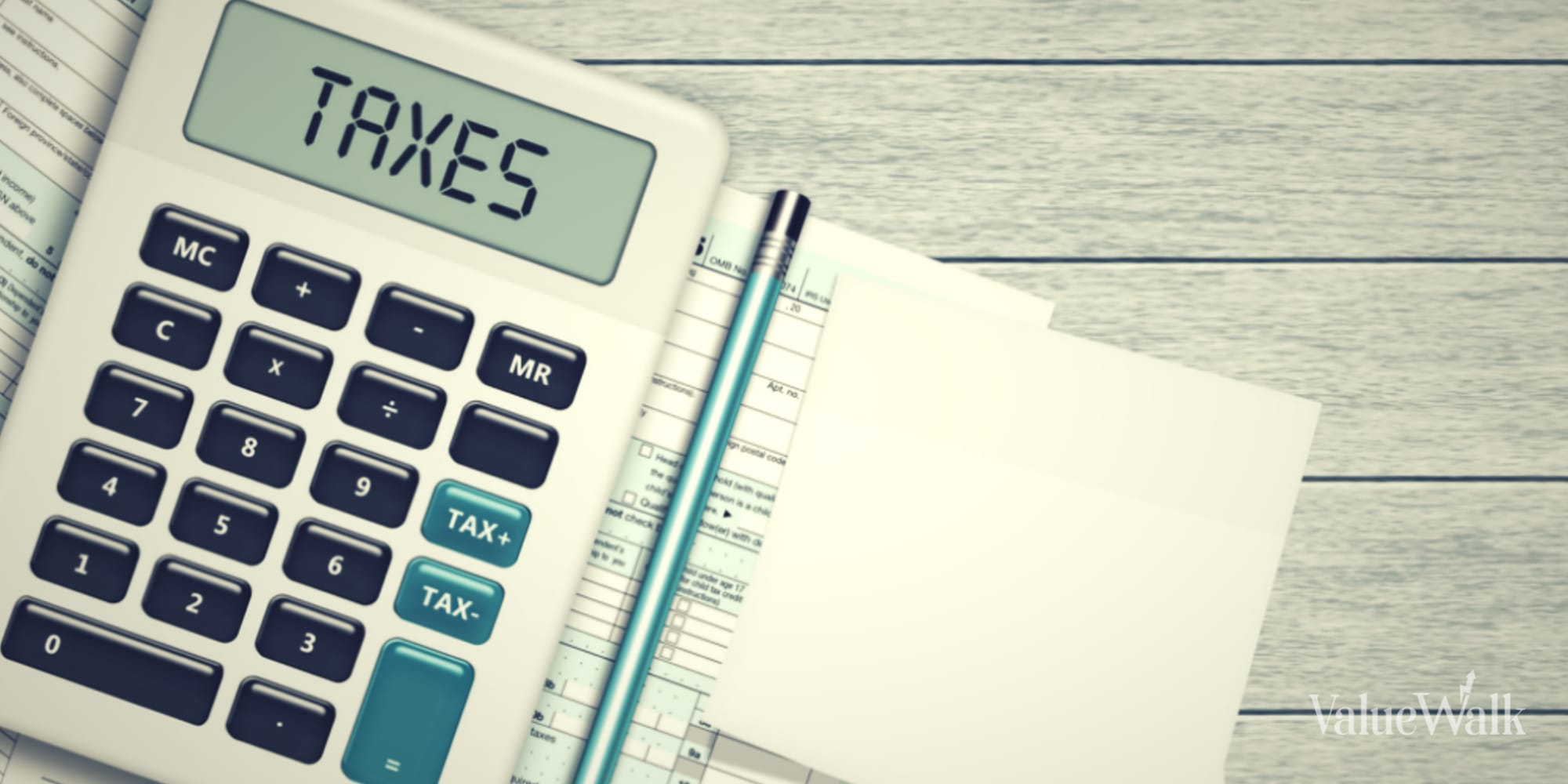The IRS has sent New Year’s gifts early for millions of taxpayers by waiving about $1 billion in penalties. This IRS penalty relief for taxpayers is for people who failed to pay back taxes for tax years 2020 and 2021. Almost 5 million individuals, businesses and tax-exempt organizations are estimated to benefit from this waiver.
IRS penalty relief for taxpayers: who will get it?
On Tuesday, the IRS announced that it is waiving penalty fees for taxpayers who didn’t pay taxes totaling less than $100,000 per year for tax years 2020 and 2021. About 4.7 million individuals, businesses and tax-exempt organizations, will benefit from the relief, with most making below $400,000 per year.
Almost $1 billion in penalty relief will be available automatically to eligible taxpayers. Those who are eligible don’t need to take any further action to receive the IRS penalty relief for taxpayers.
The agency temporarily suspended automated reminders to taxpayers for paying overdue tax bills during the pandemic, and according to the IRS, this is the primary reason for waiving the penalties.
Although the automated reminders were suspended, the failure-to-pay penalty continued to mount for taxpayers who didn’t fully pay their taxes on time as a follow-up after the initial notice.
“Given this unusual situation, the IRS is taking several steps in advance of resuming normal collection notices for tax years 2020 and 2021 to help taxpayers with unpaid tax bills, including some people who have not received a notice from the IRS in more than a year,” the IRS said in a press release.
The IRS penalty relief for taxpayers will be available to people, businesses, trusts, estates and tax-exempt organizations that filed a Form 1040, 1041, 1120 series or Form 990-T for tax years 2020 or 2021.
Also, taxpayers must have assessed tax below $100,000, as well as received an initial balance-due notice between Feb. 5, 2022, and Dec. 7, 2023, to qualify for the waiver. If an eligible taxpayer has already paid the failure-to-pay penalty, they will be entitled to a refund.
IRS to resume sending special reminder letters
Waiving the penalty is a one-time relief for taxpayers due to the unprecedented interruption due to the COVID-19 pandemic. The IRS now plans to resume sending special reminder letters starting next month.
According to the agency, it will be issuing special reminder letters to taxpayers who had tax debts prior to tax year 2022. Also, the special reminder letter will be issued to businesses, tax-exempt organizations and estates with tax debts prior to 2023.
These reminder letters will explain to taxpayers any tax liability they have, how to pay, and any penalty relief, if available. After this letter, any taxpayer with long-standing unresolved tax issues will receive another notice informing them about the next but more serious step in the tax collection process.
If a taxpayer is unable to pay the full balance amount, the IRS recommends that they visit IRS.gov/payments to resolve their issues.












